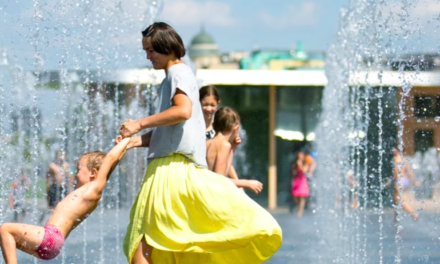September 17, 2024
Recent research published in the journal Heart underscores the potential lifelong benefits of statin use for older adults, suggesting that these drugs could be a cost-effective intervention for individuals aged 70 and above, regardless of their cardiovascular disease history. This new modeling study advocates for a reevaluation of current guidelines and supports broader use of statins in the elderly population.
Lifelong Benefits and Cost-Effectiveness
The study, led by Borislava Mihaylova and colleagues, utilized extensive modeling to assess the lifetime impact of statin therapy on individuals over 70. By analyzing data from 5103 individuals with previous cardiovascular disease and 15,019 without, researchers projected the effects on cardiovascular risks, survival, quality-adjusted life years (QALYs), and healthcare costs. The findings revealed that statin use increased QALYs by 0.24–0.70 with standard therapy, and by an additional 0.04–0.13 with higher intensity therapy.
The cost-effectiveness of statins was notably favorable, with the cost per QALY gained falling below £3502 for standard therapy and under £11,778 for higher intensity therapy. These figures are well within the current threshold for cost-effective healthcare interventions, which stands at approximately £20,000 per QALY gained.
Addressing Underuse Among Older Adults
Despite the known cardiovascular risks associated with aging, statin use among those over 70 remains comparatively low. The UK’s aging population, where over-70s now constitute around 30% of those over 40, highlights a significant gap in preventive care. The study’s findings suggest that statins could play a crucial role in addressing this disparity, offering a potential tool for improving health outcomes and managing healthcare costs.
Challenges and Uncertainties
While the study’s results are promising, researchers acknowledge certain limitations. The observational nature of the study means it cannot definitively establish cause and effect. Additionally, the majority of participants were aged between 70 and early 80s, which may affect the generalizability of the results. The research also notes a small increase in mild muscle symptoms among statin users, although these were not deemed significant enough to affect overall cost-effectiveness.
Conclusion and Future Directions
The study concludes that statin therapy is highly likely to be cost-effective for older individuals, though the benefits are more pronounced in those with a history of cardiovascular disease. The researchers call for further randomized trials to confirm these findings and refine guidelines for statin use in the elderly. Nonetheless, the current evidence supports reconsidering the use of statins for most people over 70 as a viable strategy for enhancing health outcomes and managing healthcare expenses.
For more details, refer to the study: “Lifetime effects and cost-effectiveness of statin therapy for older people in the United Kingdom: a modelling study” by Mihaylova et al., published on September 10, 2024, in Heart. DOI: 10.1136/heartjnl-2024-324052.
Funding Acknowledgment
This research was supported by the UK NIHR Health Technology Assessment (HTA) Programme, British Heart Foundation, UK Medical Research Council, and National Institute for Health Research Barts Biomedical Research Centre.












